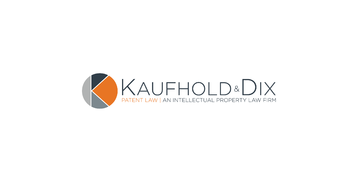The different types of trademark protection
On behalf of Kaufhold & Dix Patent Law posted in Patent Law on Wednesday, August 15, 2018.
Do you know who Walter Hagen is? He was a professional golfer prominent in the first half of the last century. He was so good that he ranks third in the world for the number of men’s major championship wins. Jack Nicklaus is first. Tiger Woods is second. That’s ironic because Hagen is also the guy credited with saying, “No one remembers who came in second.”
We are picking up on this fact because it has application in the context of the important facet of intellectual property law dealing with trademark protection. To learn more, read on.
You probably are aware that trademarking is one of the three key tools administered by the U.S. Patent and Trademark Office to promote scientific, industrial and artistic innovation. Patents and copyrights are the others.
Trademarks are those words, phrases or symbols we use to distinguish one company’s goods from others.
It should surprise no one that as practitioners of intellectual property law, we believe properly registering your asset with the government is the best way to protect your right to derive the greatest monetary return from your innovation and prevent encroachment by others. However, what you may not know is that it is possible to establish trademark rights without formal registration.
What makes this possible is rights based on first legitimate use. If you are the first to use a trademark or service mark for commercial purposes, you can claim “common law” rights. The potential problem with this strategy is that someone else can make the same claim and trigger a legal dispute.
While registering a mark has costs associated with it, there are distinct advantages in doing so. These include:
- Confidence that your mark is unique because it has been researched
- Assurance of exclusive use within a relevant geographic area, and perhaps nationally
- A presumption of your ownership and that use by anyone else constitutes infringement
What may be most important is that registration can save you money because, lacking it, you could be liable for damages to someone who can show prior ownership.
At the very least, it makes sense for anyone with questions about intellectual property rights to consult with an attorney to understand the risks and opportunities.






